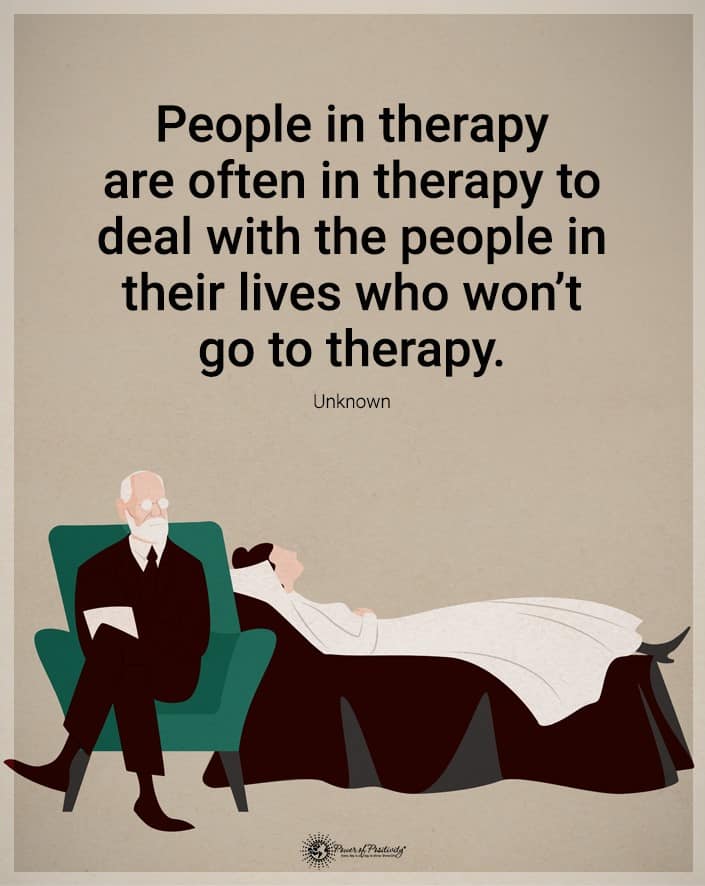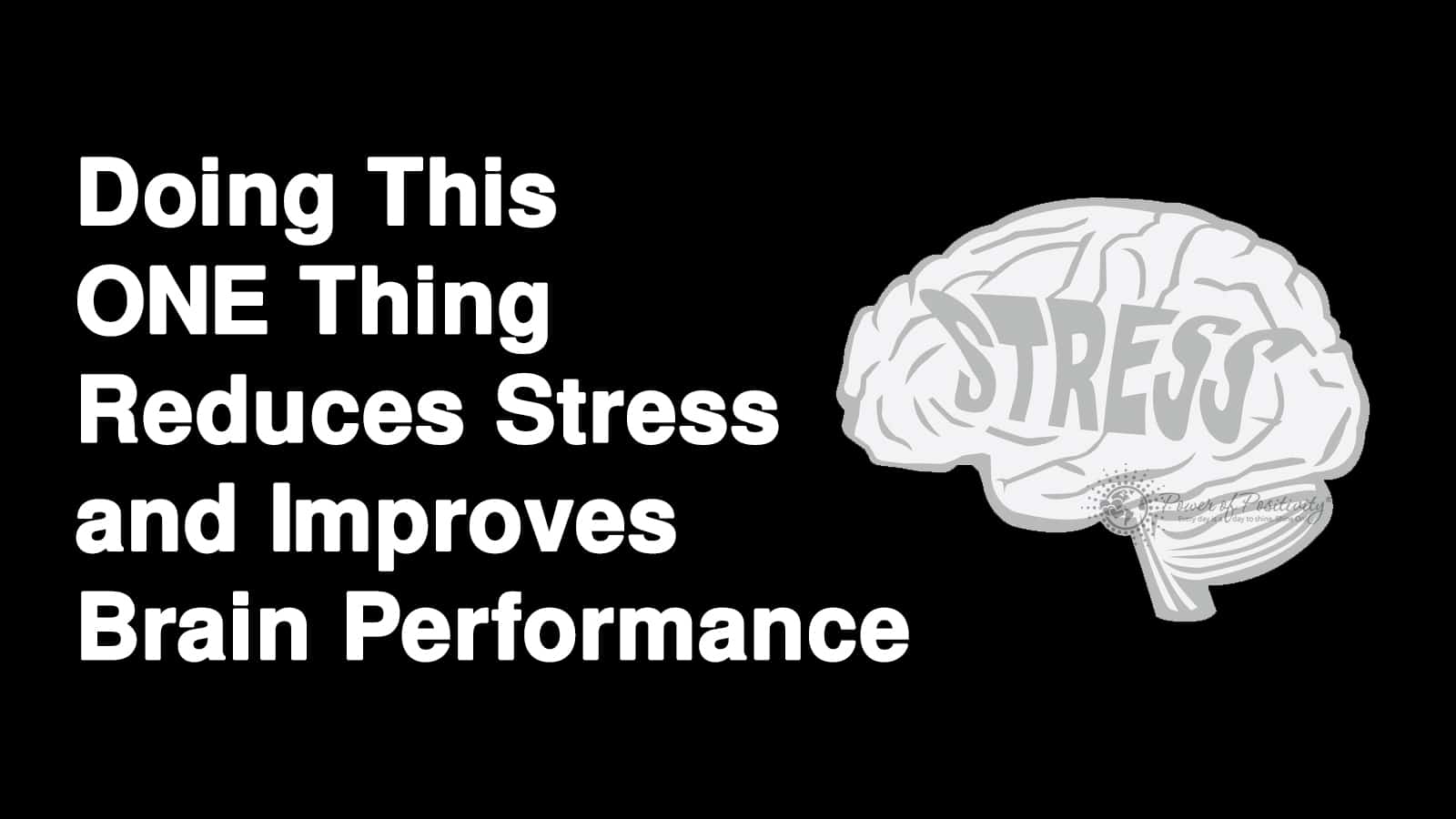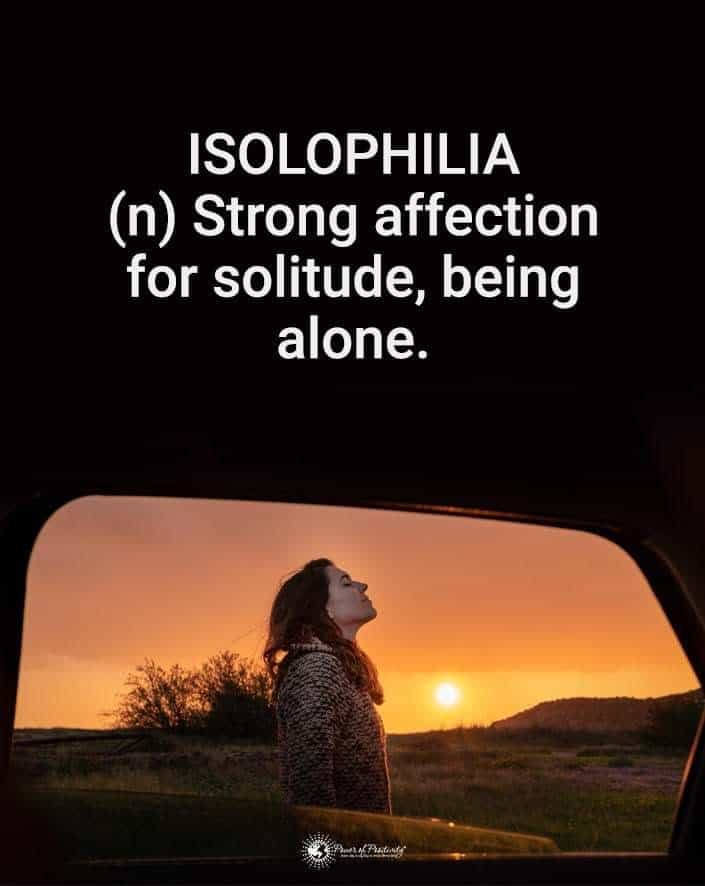Anxiety disorders are mental health issues that cause feelings of anxiety, fear, and worry. The fear comes from a reaction to current events and being worried about future events. These disorders are frustrating for those who suffer from them because they experience constant unwanted thoughts.
While occasional anxiety is normal, people that experience frequent, intense, excessive, and persistent worry and fear likely have an anxiety disorder. They will get these overwhelming feelings even during everyday situations.
Anxiety is the result of abnormal chemical activity in the brain. Don’t ignore chronic anxiety, as it can impact your health and overall quality of life. It interferes with your daily activities, and the feelings are hard to control and tend to be out of proportion to the actual event.
Understanding the symptoms and causes can help you identify the underlying issues. Once you recognize the symptoms, you will know to seek a diagnosis and find a treatment method. Anxiety makes it hard to get through the day, but understanding the disorder can help.
What Are Anxiety Disorders?
 Anxiety disorders are mental health conditions that can prevent you from living a normal life. They interfere with your ability to work, attend school, visit family or attend family events, and participate in other social situations.
Anxiety disorders are mental health conditions that can prevent you from living a normal life. They interfere with your ability to work, attend school, visit family or attend family events, and participate in other social situations.
You might notice that you avoid certain places or situations that trigger anxious feelings. Symptoms can start anytime during your life and continue into adulthood.
Anxiety is a normal reaction to stress and potential dangers. For those without disorders, the anxiety will ease once the stressful situation is over. People with anxiety don’t recover so quickly, however.
Not only do anxiety disorders make it hard to recover from stress and danger, but episodes can also occur for seemingly no reason. Sometimes the episodes involve sudden feelings of intense anxiety, terror, or fear that peak within minutes and make it hard for you to function. These severe episodes are called panic attacks.
There are multiple types of anxiety disorders, and identifying the one you have is essential. When you know the type, it can help you find the best treatment option for you. You might have multiple disorders, so make sure your treatment plan is unique to you and not a copy of someone else’s.
Anxiety Disorder Symptoms
The main symptoms of anxiety disorders are excessive fear or worry, but there are other symptoms, including the following common anxiety signs:
- difficulty breathing, see a doctor right away if you experience this
- shortness of breath
- hyperventilation
- insomnia, see a doctor right away if you experience this
- inability to stay still
- lack of concentration or focus
- muscle pain or tenseness
- headaches
- fatigue
- panic attacks, see a doctor right away if you experience this
- sugar or starch cravings
- digestive problems
- irritability and moodiness
- general sense of panic, fear, or uneasiness
- feelings of doom or danger
- depression, see a doctor right away if you experience this
- numb, cold, sweaty, or tingling feet or hands
- heart palpitation
- dry mouth
- nausea
- dizziness or weakness
- suicidal thoughts, see a doctor right away if you experience this
- rumination
- obsessive avoidance
- feelings of being nervous, tense, or restless
- increased heart rate
- sweating
- trembling
- gastrointestinal problems
- being unable to perform daily activities, see a doctor right away if you experience this
Types Of Anxiety Disorders
There are a few different types of anxiety disorders, including these:
- Generalized Anxiety: With a generalized anxiety disorder, you will feel persistent and excessive worry without reason, often during ordinary events. Usually, your reaction is out of proportion to the circumstance, but you still can’t control your feeling.
- Panic Disorder: A panic disorder brings on sudden and intense feelings of fear that lead to a panic attack. You might break out in a sweat, experience chest pain, and have a pounding heartbeat or palpitations. Additionally, you might even feel like you’re choking or having a heart attack.
- Social Anxiety: Sometimes referred to as social phobia, social anxiety disorder is when you experience overwhelming self-consciousness and worry about daily social situations. You will constantly think that other people are judging you, and you fear being embarrassed or ridiculed.
- Phobias: When you have an intense fear of a specific situation or object, it becomes a phobia. One example is that many people fear flying, but only some refuse to get on an airplane. Those that avoid airplanes due to their fear have a phobia.
- Separation Anxiety Disorder: This type of anxiety is common in small children, but they aren’t the only ones that experience it. If you feel scared or anxious when someone leaves, it could be separation anxiety. You might constantly worry that something bad will happen while they are out of your sight.
- Obsessive-Compulsive Disorder: OCD is an anxiety disorder characterized by unwanted, recurrent thoughts or repetitive behaviors. Common repetitive behaviors include counting, washing your hands, checking, or cleaning. Those with this disorder repeat the behaviors hoping to get rid of the obsessive thoughts, but it generally has the opposite effect.
- Post-Traumatic Stress Disorder: PTSD typically develops after exposure to a traumatic or terrifying event where physical harm occurred. Sometimes even the threat of physical harm can cause PTSD. Some situations that might trigger PTSD are accidents, violent assaults, natural disasters, or military combat.
 Causes Of Anxiety Disorders
Causes Of Anxiety Disorders
While the exact cause is unknown, there is a mix of things that play a role, including:
- Genetics: Mental health issues tend to run in families, so if a family member has anxiety, you might develop it too.
- Brain Chemistry: When the circuits in the brain that control fear and emotions aren’t functioning correctly, it can cause anxiety. Additionally, long-term stress can cause a chemical imbalance that controls your mood and leads to anxiety.
- Environmental Stress: If you have seen or lived through stressful life events, they could cause anxiety. Childhood abuse and neglect, the death of a loved one, being attacked, or witnessing violence are all linked to anxiety.
- Drug Misuse or Withdrawal: Substance abuse often goes hand in hand with anxiety. While some drugs can hide or decrease anxiety symptoms, other drugs and alcohol can cause it.
- Medical Conditions: Some health conditions can cause anxiety, including heart, lung, or thyroid conditions. Once you treat those conditions, the disorder could go away. Diabetes also has a link to anxiety.
What Are the Risk Factors of Anxiety Disorder?
Risk factors make you more likely to develop an anxiety disorder, and these factors include these factors:
- History of Mental Health Disorders: If you’ve ever had another mental health disorder such as depression, it increases your risk of developing anxiety.
- Childhood Abuse: If you experienced sexual, emotional, or physical abuse as a child, it increases your risk of anxiety later in life.
- Chronic Health Condition or Severe Illness: When you’re constantly worried about your health or the health of a loved one, it takes a toll. It can lead to overwhelming feelings and anxiety.
- Being Shy as A Child: If you were shy as a child, you are more likely to develop an anxiety disorder. In this case, being shy means withdrawing from unfamiliar people and places.
- Low Self Esteem: People who have negative perceptions about themselves can develop social anxiety. They often avoid social events out of fear and worry, missing out on many experiences.
- Being a Woman: Women are more likely to experience anxiety, but the reason for this is still unclear. Researchers believe it could stem from the fluctuation of hormones.
How Are Anxiety Disorders Diagnosed?
If you experience any symptoms of anxiety disorder, seek professional advice to get diagnosed. Your doctor will perform a physical exam and ask questions about your physical and mental health history. They will also likely run tests to rule out other possible causes of your symptoms.
Doctors will consider the duration and intensity of your symptoms when they diagnose you. You must communicate openly so that they know how to treat your condition.
There isn’t a lab test that can definitively diagnose anxiety. If your doctor can’t find a physical reason for it, they may recommend you to a psychiatrist, psychologist, or other mental health professional. As specialists, mental health professionals can ask different questions and use different tools than your regular doctor.
Your mental health provider will give you a psychological evaluation. During the evaluation, you will discuss your thoughts, feelings, and behaviors to help identify a diagnosis and related complications.
Anxiety Disorder Treatments
You can overcome anxiety with the right treatment plan. Some of the options include:
- Eat a Healthy Diet: A well-balanced diet can give your body all the nutrients it needs to function properly. It is a powerful way to combat anxiety and other mental health conditions.
- Exercise Regularly: Developing a consistent exercise routine can help treat anxiety. Your body will increase its production of feel-good hormones, and you will relieve some of your tension.
- Establish and Stick to a Schedule: It can be hard to stay organized when you’re anxious, which likely causes even more anxiety. Establishing a schedule can help you get things done and feel better.
- Learn to Manage Stress: Stress management is one of the best ways to overcome anxiety. Learning coping skills can help, or you can try things like meditation and mindfulness.
- Get Enough Sleep: Your body requires plenty of sleep to function correctly. If you ensure seven to nine hours of sleep each night, it will help with treating your anxiety.
- Psychotherapy: Psychotherapy is a type of counseling that teaches you how your emotions affect your behavior. A mental health professional talks and listens to you about your feelings and thoughts. They will suggest ways to manage and understand those thoughts, helping with your disorder.
- Stick to the Treatment Plan: If you abruptly stop your treatment plan, it can have unpleasant side effects. It will trigger anxiety symptoms and can set you back on your path to healing.
- Avoid Caffeine and Alcohol: Caffeine alters your mood and worsens the symptoms of anxiety. Alcohol has the same effect and is also a depressant, so it will make you feel worse.
- Manage Your Negative Thoughts: Negative thoughts lead to anxiety, but learning to manage them can help. Replace each negative thought with a positive one, and you can overcome your disorder.
- Write in a Journal: Keeping track of your life, triggers, and issues in your life can help you identify problems and address them. Plus, you can talk to your mental health provider about the things you write. When you talk to them, they can help you understand the thoughts you have when you’re alone.
Prevention Of Anxiety Disorders
To prevent anxiety disorders, you can try the following actions:
- Get Help Early: As soon as you start to experience the symptoms, seek professional help. Getting your anxiety under control immediately can help prevent it from becoming a disorder.
- Stay Active: Physical activity is one of the best ways to prevent anxiety. Do activities that make you feel good about yourself and help you enjoy your time. Embrace the social interactions you make along the way, too.
- Avoid Alcohol or Drug Use: Alcohol and drugs can exacerbate the symptoms, making the problem worse. Avoiding them entirely is the best bet when it comes to preventing anxiety.
 Final Thoughts on Anxiety Disorders: Types, Symptoms, Causes, and Diagnosis
Final Thoughts on Anxiety Disorders: Types, Symptoms, Causes, and Diagnosis
Anxiety disorders are hard to live with, but with the correct information, you can overcome them. Learning the types, symptoms, and causes can help you identify mental health issues in yourself or your loved ones. Don’t waste your life away with constant feelings of worry or fear when you can get help.
Talk to a medical professional for an official diagnosis, and then work with them to determine a treatment plan. A combination of treatment options often works best, and it might take some time to find the perfect ones. Don’t give up, though, because you can overcome this hard time in your life.












